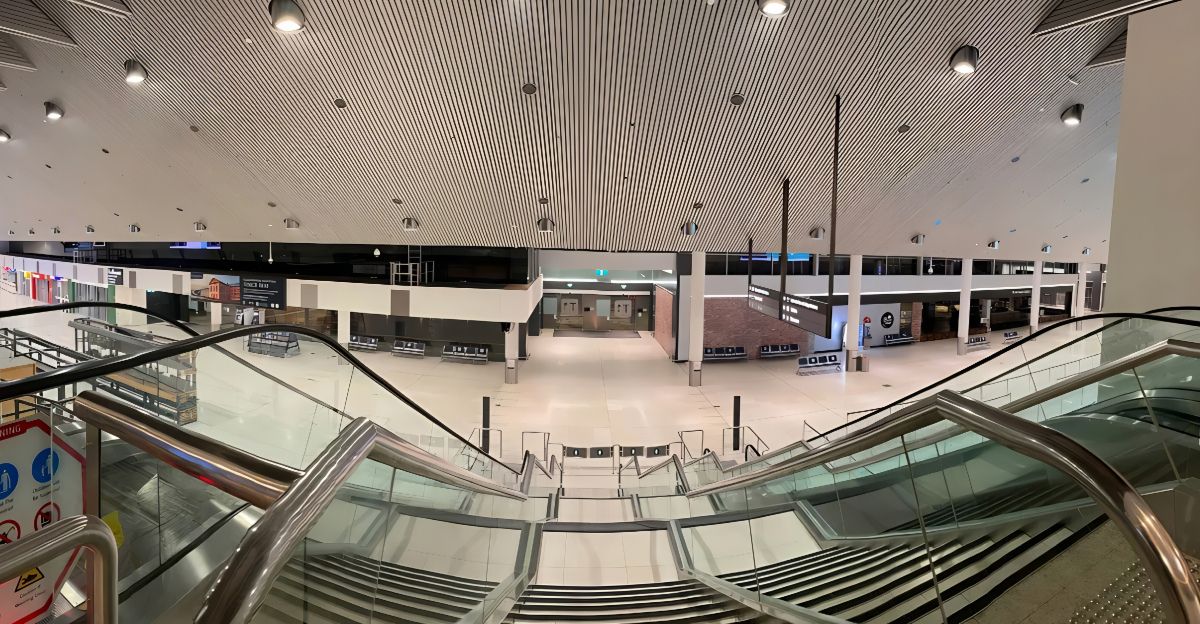
You’ve probably heard whispers that tourism is “down a bit” in America this year, but the reality is far more dramatic than most are willing to admit. While industry leaders cautiously mention “temporary adjustments” and “market corrections,” the numbers tell a harsher truth: the United States is losing international visitors at an unprecedented rate.
According to the World Travel & Tourism Council, America is the only major destination among 184 global economies projected to see a decline in international tourism revenue in 2025, with a $12.5 billion shortfall already expected.
As the world turns away from the U.S., it’s not just vacations being canceled. The very idea of America as a welcoming destination is slipping, and the consequences are adding up fast.
When Canada Said “No Thanks” and Meant It
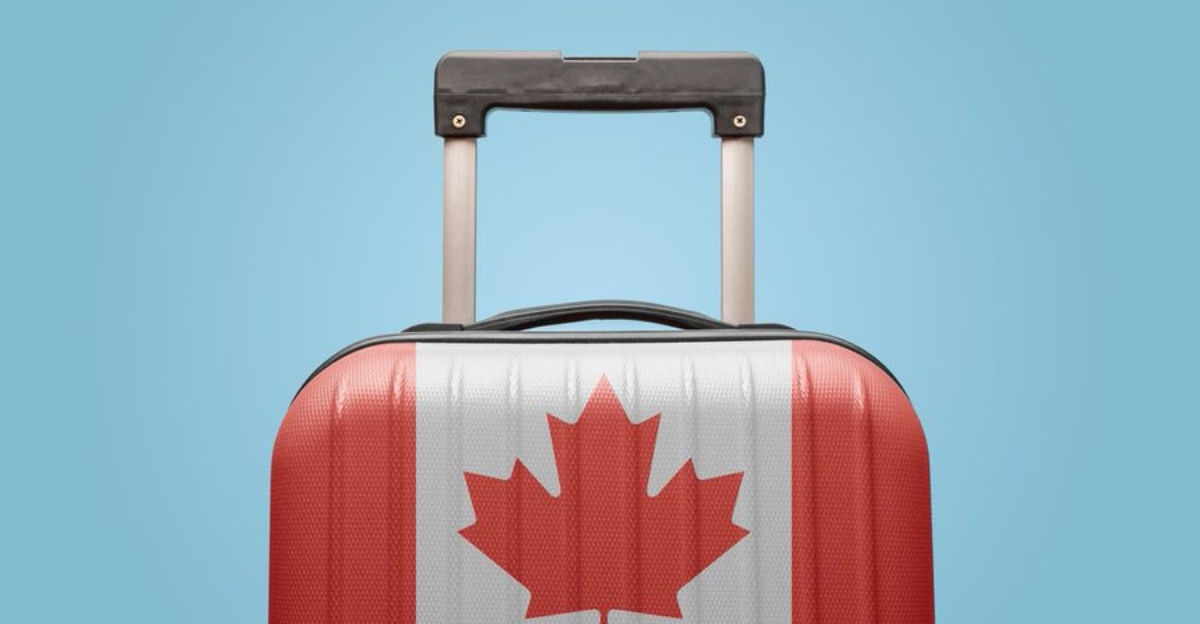
Canada’s quiet boycott of American travel has turned into a full-blown economic rupture. Between February and March 2025, Canadian visits to the U.S. fell 23% by land and 4% by air. Flights? Down by as much as 76%. The reasons go beyond politics or tariffs.
A growing number of Canadians now view the U.S. not as a friendly backyard escape, but as unwelcoming territory. Travel agencies report U.S. bookings are down 40%, with that $20.5 billion in spending heading to Europe, Mexico, or closer to home. A once-effortless relationship between two nations has chilled, and the emotional distance may prove harder to fix than any policy dispute.
Europe’s Quiet Withdrawal From the American Dream
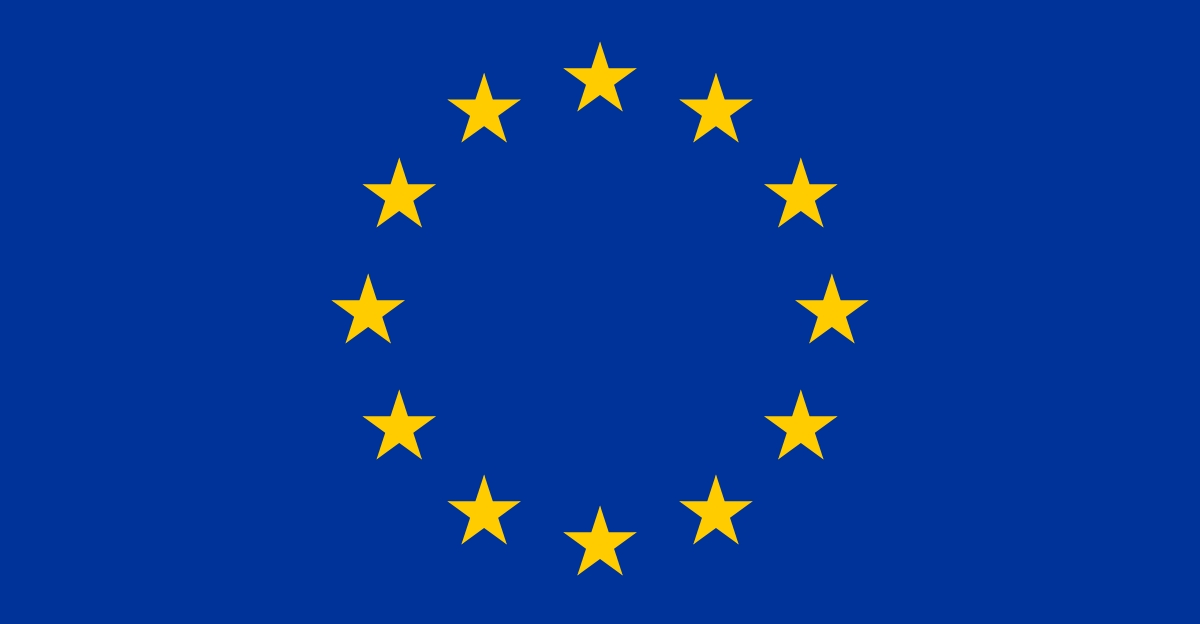
European travelers are backing away too, and fast. March 2025 saw visits from Western Europe drop 17%, with Germany, Spain, and Ireland leading the retreat. These are Visa Waiver Program countries, but the real issue isn’t bureaucracy, it’s perception. Stories of tourists being detained, professors canceling trips, and travelers denied entry over political views have flooded European media.
Official travel warnings from countries like Germany and the UK have only added weight. For many Europeans, America now feels risky, unpredictable, and unwelcome. When lifelong dream vacations are being scrapped over conscience, the U.S. isn’t just losing tourism. It’s losing hearts and minds.
The Social Media Amplification Effect

Khaby Lame’s detention at a Las Vegas airport was more than a celebrity mishap, it was a global turning point. With 160 million TikTok followers, his forced removal lit up social media and stoked fears worldwide. The alleged tip from a pro-Trump influencer made it even more volatile.
Platforms turned one moment into a viral storm, and soon every visa denial, every airport horror story was gaining traction. Algorithms fed the fear, and perception became reality. If a mega-celebrity isn’t safe in America, what about everyday travelers? Social media didn’t just echo the problem,it magnified it into a worldwide warning.
Why Flying To America Started To Feel Like A Risk
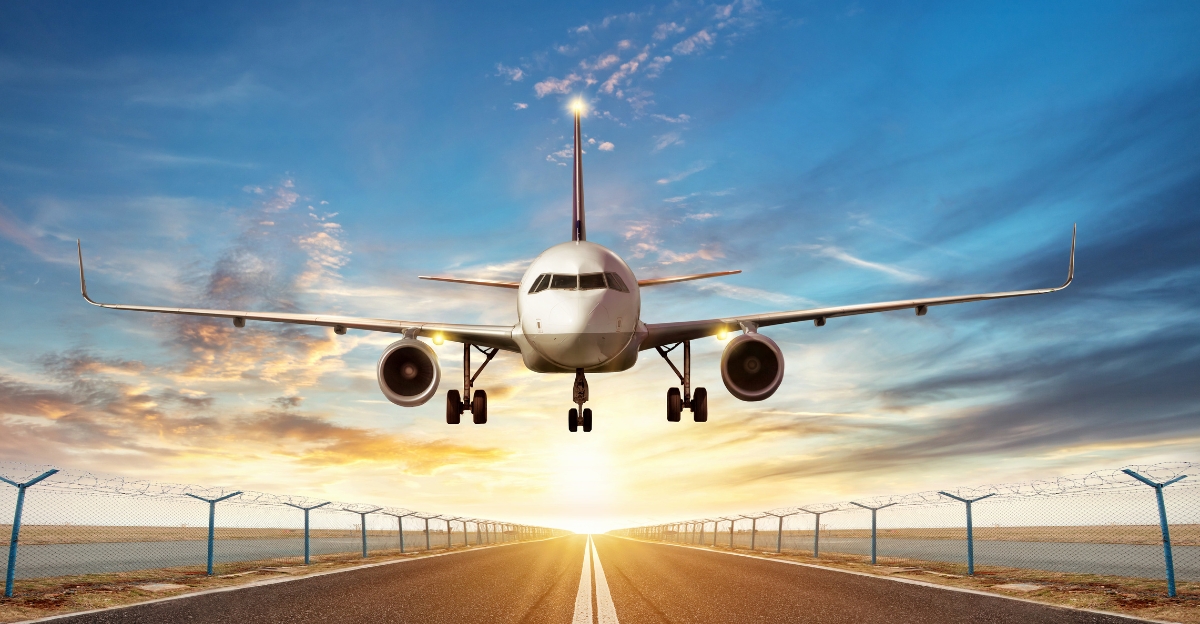
In early 2025, aviation safety in the U.S. took a sharp downturn. With 108 deaths across 21 incidents, international travelers started asking the obvious: Is flying to the U.S. even safe anymore? A fatal collision in January and a near-disaster near Reagan National Airport raised alarm.
When 64% of Americans say they no longer trust flying safety, international visitors are even more wary. The mass firing of FAA staff by the Trump administration added to the perception of dysfunction. For travelers weighing vacation options, the idea of crossing an ocean to face chaos in the skies is becoming an easy “no.”
What Happens When $21 Billion Vanishes?
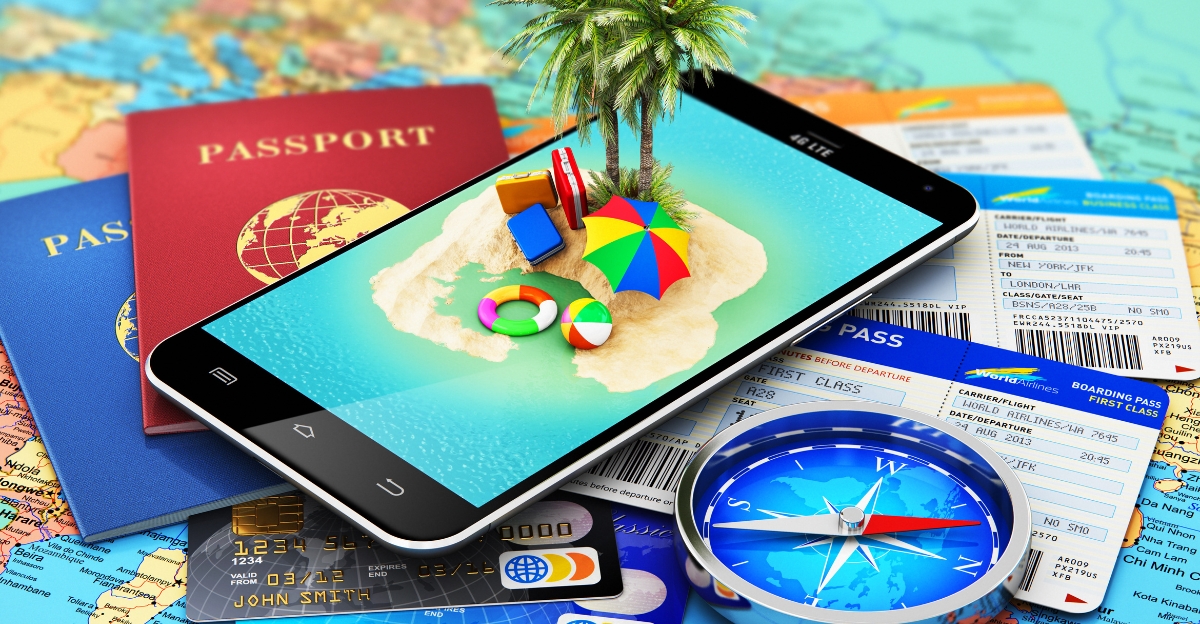
Tourism isn’t just its own industry, it fuels entire economies. And the collapse is rippling outward. In Florida, where tourism drives 10% of GDP, the fallout threatens a $131 billion economy. Las Vegas is already feeling the pinch with a 7.8% drop in visitors and lower gaming revenue. Hotels are slashing forecasts as occupancy and revenue lag.
Border businesses are getting crushed, some reporting losses up to 80%. Even airports are suffering as duty-free shops and restaurants sit empty. This isn’t just about lost vacation dollars, it’s a slow bleed of jobs, wages, and infrastructure tied directly to a vanishing visitor base.
The States That Will Hurt Most
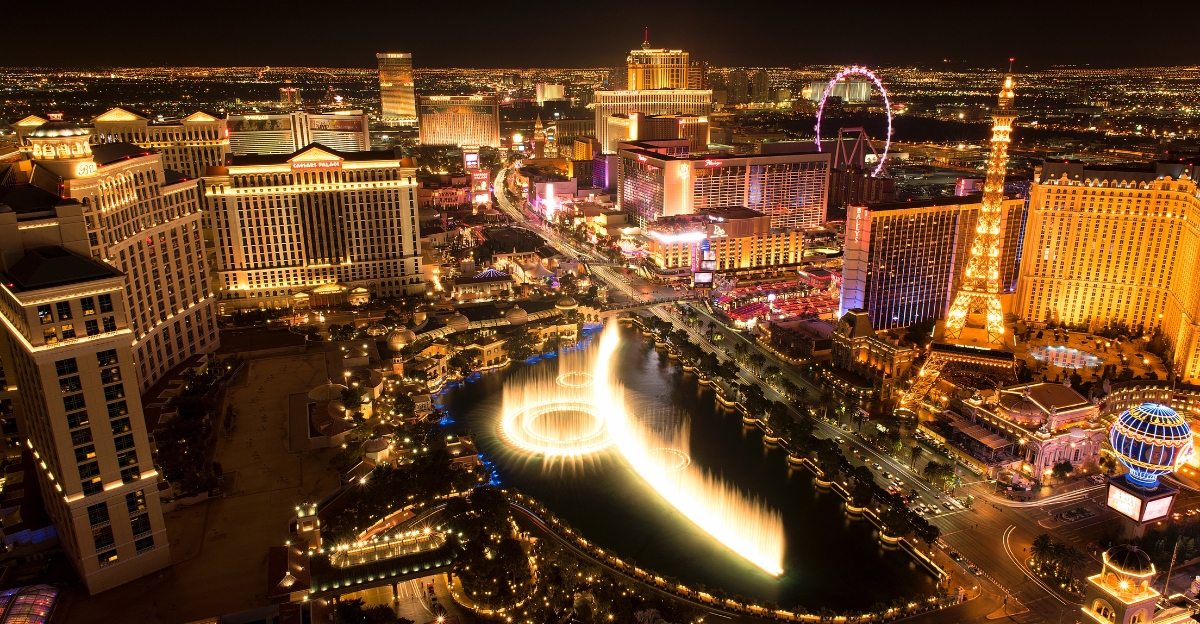
Some states are bracing for a harder hit than others. Hawaii depends heavily on high-spending international visitors; now it faces a steep contraction. Nevada’s Las Vegas, reliant on tourism for nearly a third of its workforce, is sliding.
And in California, a 9.2% drop in international visits is cutting into everything from Yosemite bookings to Silicon Valley conventions. These aren’t just numbers; they reflect livelihoods. For states built on global tourism, the warning lights are flashing red.
When America Stopped Being The Dream
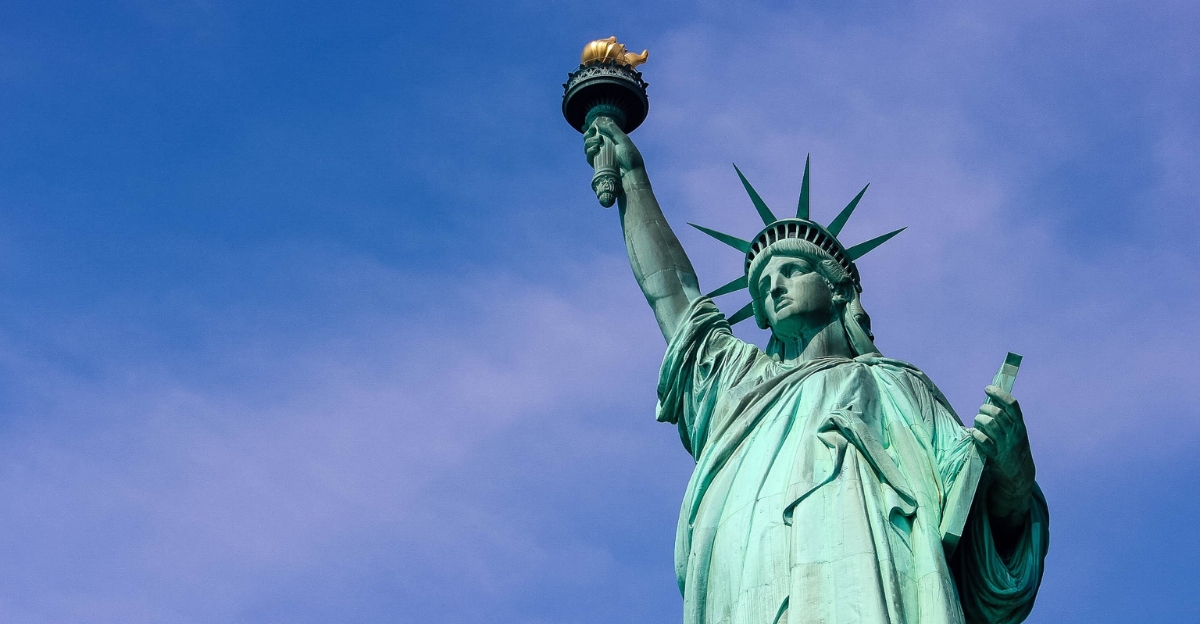
For decades, the world looked to America as the epicenter of freedom, culture, and excitement. That’s changing fast. Now, tourists associate the U.S. with arbitrary detentions, aggressive border control, and political hostility. Canadian leaders are urging citizens to vacation at home.
European countries are issuing warnings over LGBTQ+ rights and discrimination risks. When 40% of global travel is driven by cultural interest, that shift hits hard. It’s not just about economics anymore. America is losing its role as a cultural beacon,and with it, the soft power that once drew millions to its shores.
Where Tourists Go When They Skip The U.S.

As tourists turn away from America, other countries are rolling out the welcome mat. Mexico is booming, offering affordability and ease that the U.S. now lacks. Costa Rica and Portugal are branding themselves as hassle-free “America alternatives.” Even Canada is keeping its citizens at home with campaigns to spend locally.
Meanwhile, China is easing visa rules to attract visitors the U.S. is driving away. These countries are proving that openness matters. While the U.S. builds barriers, others are building bonds, and reaping the rewards of a global tourism pivot that shows no signs of slowing down.
Why The Damage Won’t Be Undone Overnight

Tourism doesn’t bounce back with a policy memo. It requires trust, and rebuilding that trust takes years. Even if the political winds shift, the stories, videos, and warnings from this era won’t fade quickly. Travel habits change slowly, but they do change. Competitor destinations are already courting repeat visitors, building infrastructure, and locking in loyalty.
Meanwhile, America is losing flight routes, closing hotels, and shedding workers it may not get back. That $21 billion loss in 2025 is only the beginning. The longer the world adapts to life without U.S. tourism, the harder it becomes to win it back.
Discover more DIY hacks and style inspo- Follow us to keep the glow-up coming to your feed!
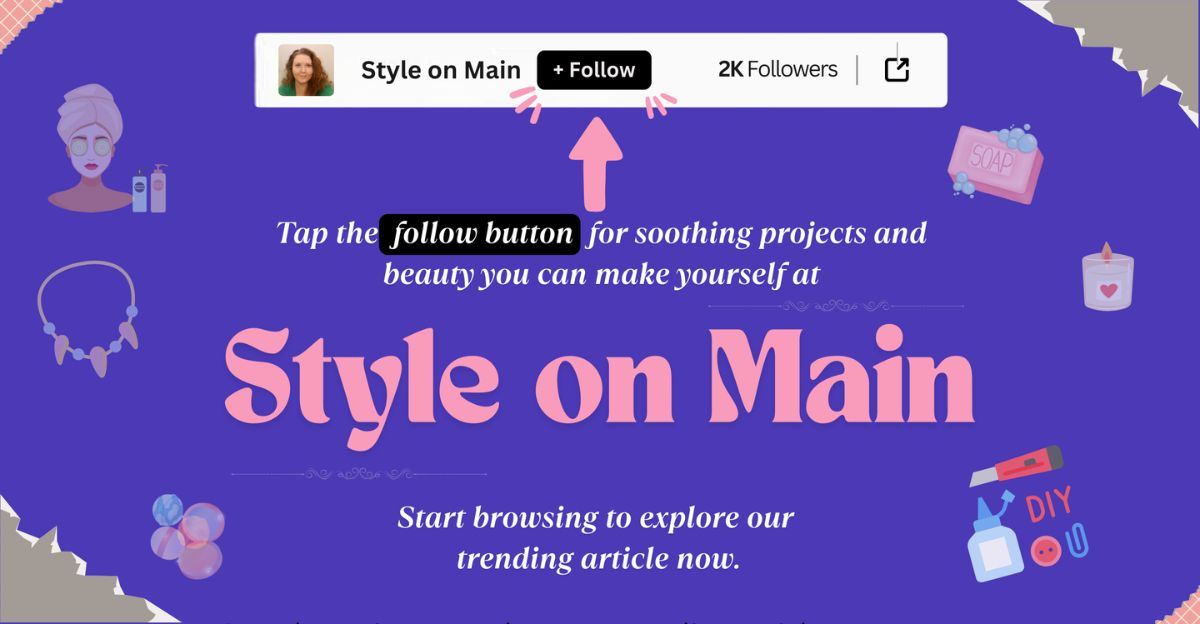
Love content like this? Tap Follow at the top of the page to stay in the loop with the latest beauty trends, DIY tips, and style inspo. Don’t forget to share your thoughts in the comments — we love hearing from you!